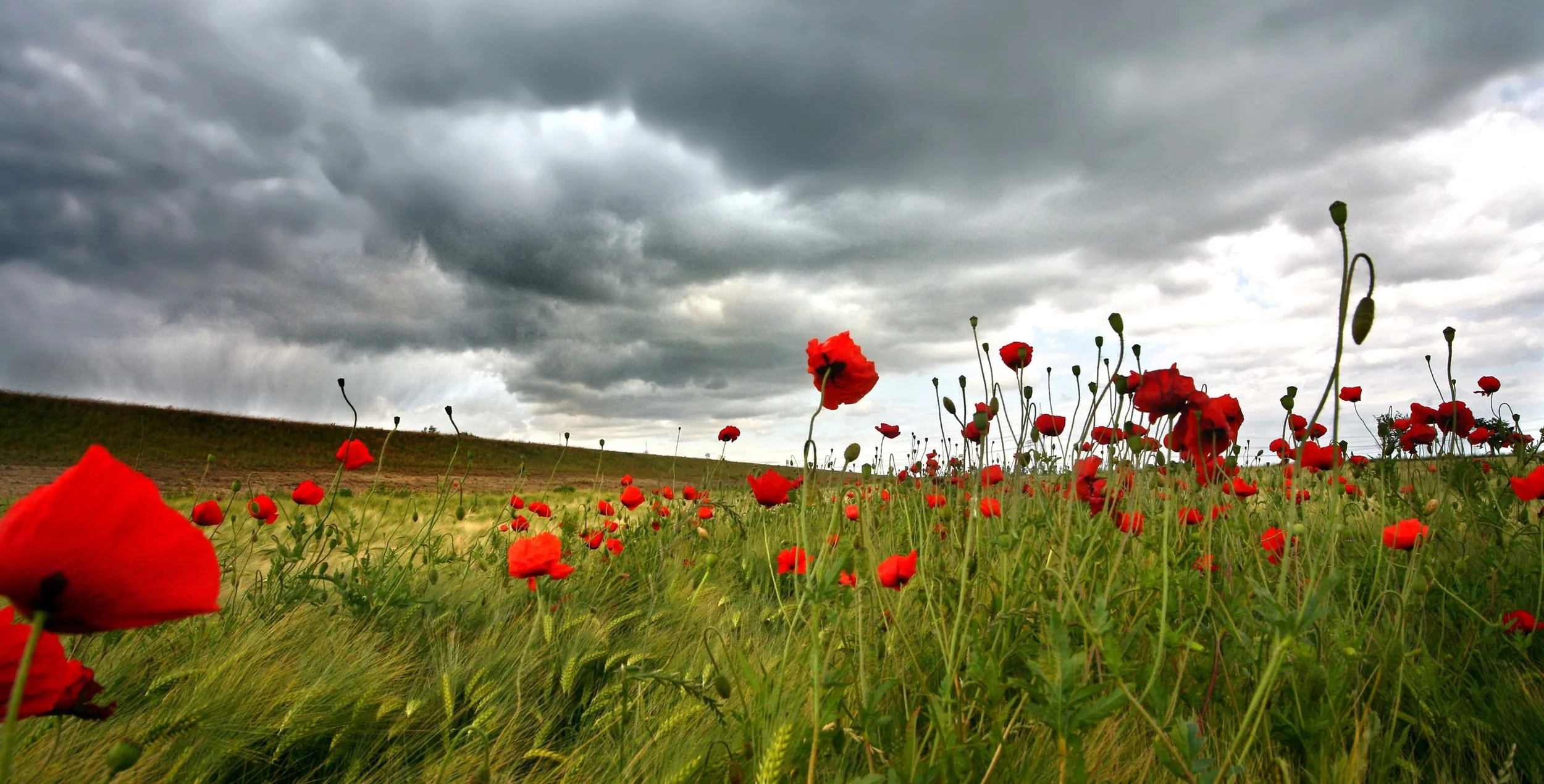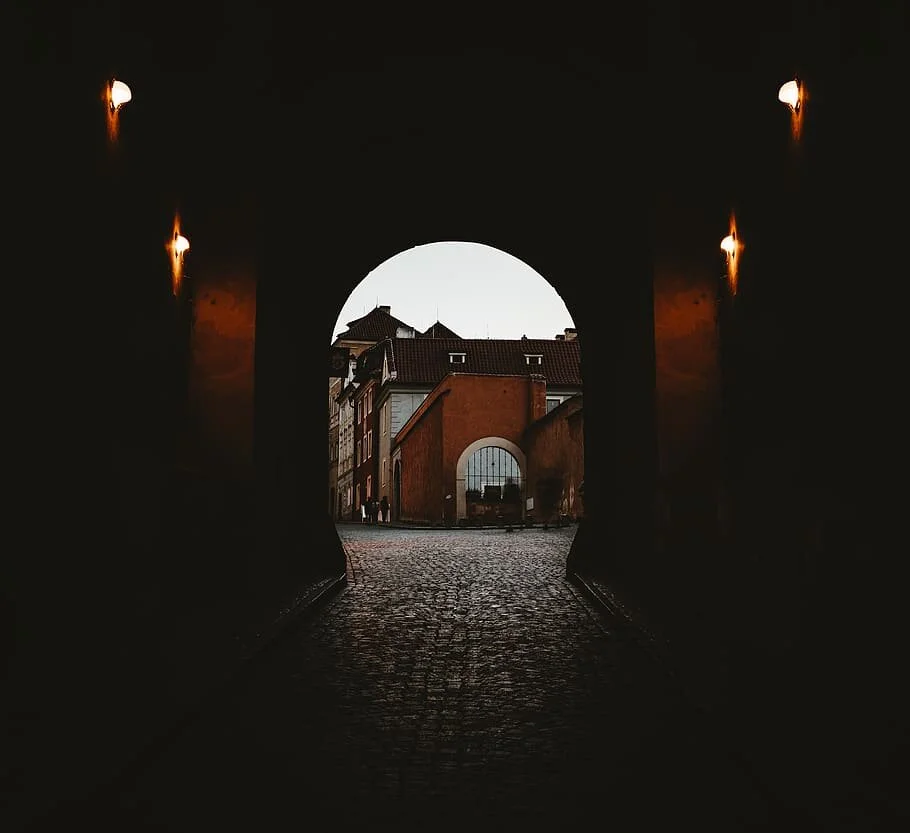Between May 7 and 8 in 1945, the Nazis surrendered to the Allied forces in ▒╩▒¶│·▒┼ł, ─īesk├® Bud─øjovice, and Karlovy Vary. It took weeks of fighting and many casualties to effectively force a surrender from the German High Command. It was through the collaboration of the Soviet and US forces that the liberation was able to take place. Much celebration, the day of and after, was abound.
Intervision
Intervision began as the Eastern bloc alternative to Eurovision, initiated by CzechoslovakiaŌĆÖs national television broadcaster. Though the initial contest lasted four years, it was abruptly ended by ŌĆ£NormalizationŌĆØ in Czechoslovakia. The Intervision concept gets picked up by PolandŌĆÖs broadcaster for their Sopot International Festival, where it lasts four more years before being interrupted by political upheaval, yet again. Though the future of Intervision is uncertain, its past is worth a look for the intersection between art and politics.
The Plastic People of the Universe: How One Band Sparked a Revolution
The fall of Communism in Czechoslovakia begins with a rock that rolls, pushed by the rock nŌĆÖ roll group the Plastic People of the Universe (PPU). After the brief Prague Spring, the group was started by the bassist, Milan ŌĆ£MejlaŌĆØ Hlavsa. During the Normalization period, they continued to find various ways of resisting the new administration before being jailed, which inspired further resistance and eventually lead Czechoslovakia out of the hands of the Soviet regime.
Ji┼Ö├Ł Trnka: The Father of Czech Cinema
The so-called ŌĆ£Walt Disney of Eastern Europe,ŌĆØ Ji┼Ö├Ł Trnka began his career as an illustrator, his life soon culminating into sophisticated puppetry on film. His usual subject matter involved his puppeted takes on classic fairy tales and tales he crafted which feature profound narratives, some of which satirized his own government. His career culminated in his film The Hand, where the importance of the hand is placed above all else.
Epidemiologist Ervin Adam helped eradicate polio in Czechoslovakia
Ervin Adam, a world-renowned Czech epidemiologist, died on March 21, 2023, at the age of 101 in Houston, Texas. The doctor, who was instrumental in Czechoslovakia being the first country in the world to eradicate polio, went through several concentration camps during World War II because of his Jewish origin and survived a death march. From 1968, he lived in exile ŌĆō first in Canada and later in the United States. In 2013, he received the prestigious Czech Head Award.
Warsaw Pact
Meda Mladkova
Meda Mladkova was a patron of the arts who helped support Czech artists stuck behind the Iron Curtain. She trained to be a dancer but decided to leave Czechoslovakia after witnessing how terribly the Germans who remained in the country were treated at the end of the Second World War. Even when she met the Ministers of Culture and Education and the Director of the Nationa Gallery, she truthfully and successfully stood up for artistic freedom.
Palach Week
Jan Palach was a Charles University student who protested the Soviet-led invasion of Czechoslovakia and the Warsaw Pact by self-immolation. His protest inspired further protests, including a hunger strike in Wenceslas Square. These protests further inspired resistance throughout the rest of Prague, and then Europe.
The Czech Response to the American Civil Rights Movement
The American Civil Rights Movement became a method of propaganda against the United States to gain support and sympathy from non-socialist states. The Czechoslovakian government would invite activists to the nation so that communism would be promoted, including singer Paul Robeson, who would sing at the Prague Spring classical music festival in 1949. Between the 1960s and 1980s, Czechoslovakia continued to push communism in African nations, broadcasting the benefits of communism and what it would provide to Africans.
An Army with No Country: A Siberian Odyssey
ItŌĆÖs the First World War, and the Czechoslovaks must get their soldiers from Ukraine to France, but without going through a Central Powers country or a sea without enemy ships. What do they do? Naturally, they go East: fight through the Bolsheviks, take over the Russian railway network, capture most of Siberia, and reach Vladivostok before the ships arrive to get you home. All this while losing less than 10% of your men over three years of fighting. It might sound crazy, but this is just the 2nd part to the story of the Czechoslovak Legion.
V─øra ─ī├Ī▓§▒¶▓╣▒╣▓§░ņ├Ī: Athlete and Activist
Athletes have long been using their high-visibility platforms to comment on social issues and raise awareness. V─øra ─ī├Ī▓§▒¶▓╣▒╣▓§░ņ├Ī, a gymnast from the now Czech Republic, is not only famous for her unparalleled success at the Olympic Games but her strong stance against the Soviet invasion of her country.












